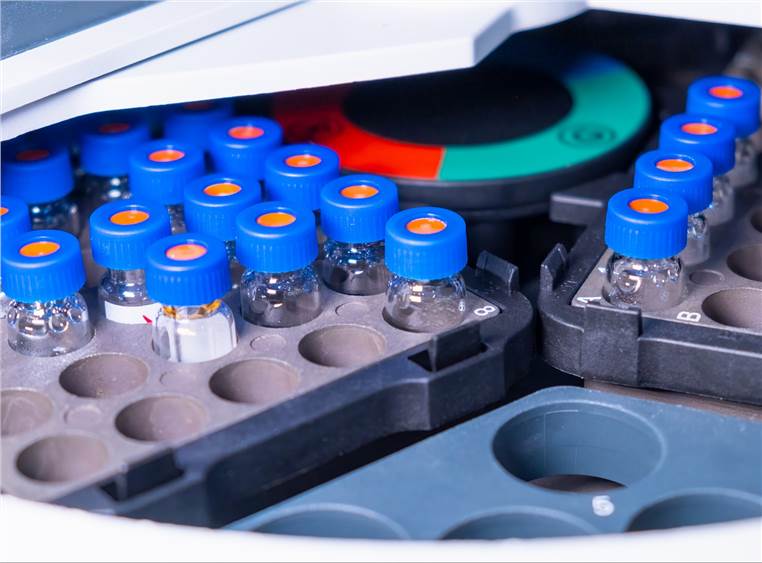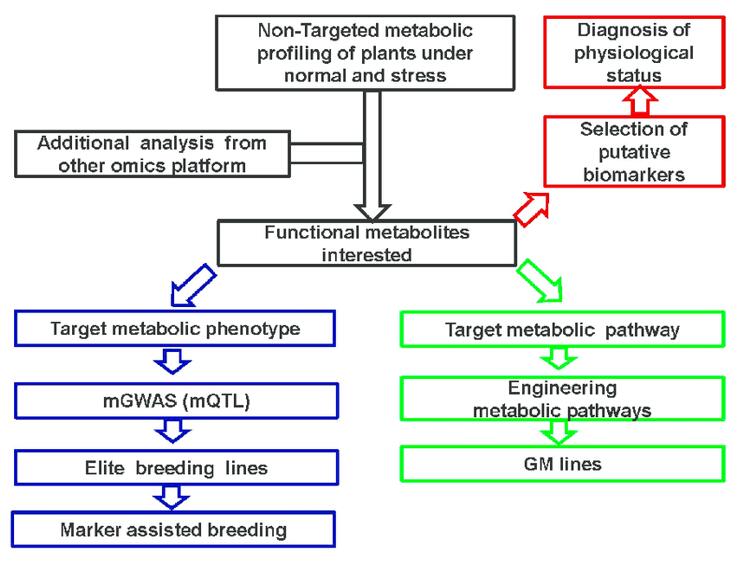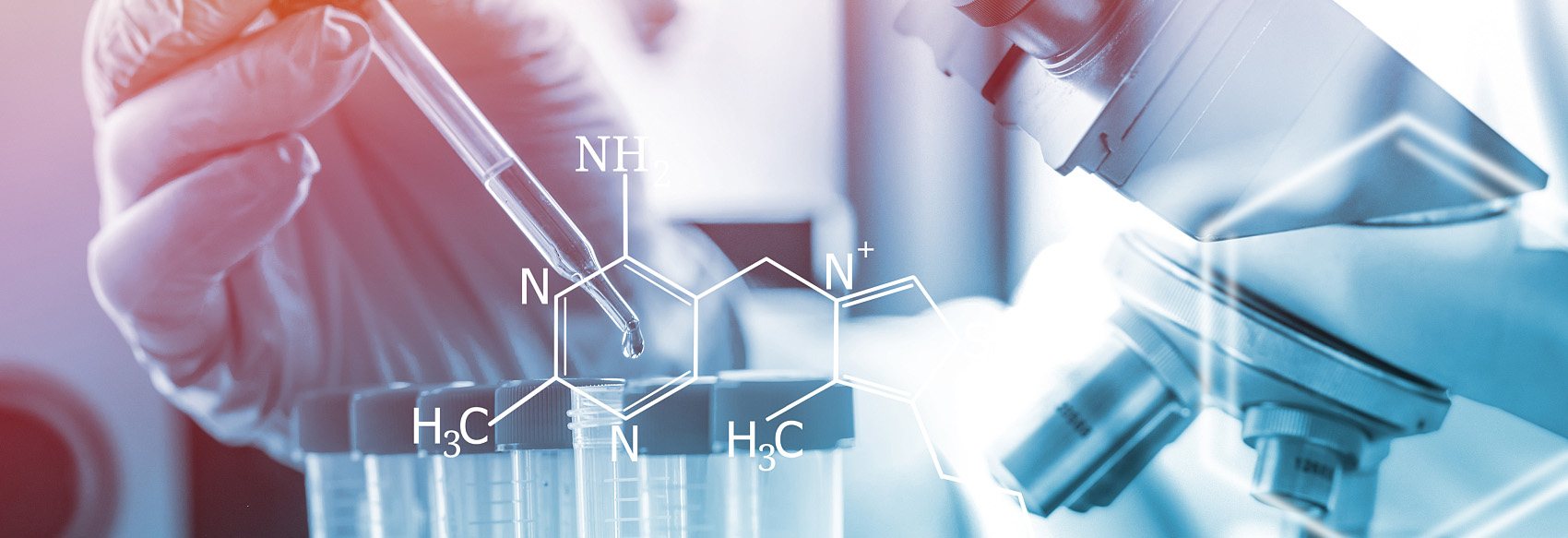Plant metabolomics is an important branch of metabolomics research, which focuses on studying all small molecule metabolites in different species, genotypes or ecotypes of plants at different growth periods or before and after a certain stimulus, and analyzing them qualitatively and quantitatively to find out the patterns of metabolic changes.
Our company provides efficient and accurate plant-targeted metabolomics analysis services, specifically for primary and secondary metabolism analysis. To ensure the most precise and thorough analytical services, we offer tailored services based on the unique research requirements of our clients. Our services are an effective tool for examining plant metabolic pathways and regulatory mechanisms under certain circumstances and help disclose information about overall metabolite dynamics in plant samples.
Service Overview

Our company's plant-targeted metabolomics service uses liquid chromatography with tandem mass spectrometry (LC-MS-MS) technology to target plant metabolites for quantitative targeted metabolomics assays to measure their responses to environmental and genetic changes in an unbiased and specific manner. It is an accurate qualitative and quantitative determination, high throughput, high sensitivity, and broad coverage targeted quantitative metabolite assay based on multiple reaction monitoring (MRM) technology.
For the investigation of plant primary and secondary metabolites, we have developed a metabolomics platform based on mass spectrometers. Several sample processing procedures are utilized to effectively extract plant main and secondary metabolites depending on your experimental goals. By enhancing the precision of metabolite identification and quantification, we will satisfactorily address your biological inquiries. Send us your research plan and samples, and we will take care of all subsequent experiments.
Our company will eventually provide a detailed technical report that includes:
- Experimental procedures
- Relevant mass spectrometry parameters
- Mass spectral plots
- Raw data
- Plant metabolomics results
Research Capabilities
Our company has a rich database of plant-targeted metabolomes, including thousands of species covering over 16 classes of metabolites such as flavonoids, phenolic acids, alkaloids, terpenoids, quinones, steroids, etc.
| Type of Substance | Quantity | Representative Substances |
| Flavonoids | 370+ | Epicatechin, chickpea, anthocyanins, etc. |
| Terpenoids | 260+ | Ginsenoside, anisodin, rehmannia, etc. |
| Nucleotides | 20+ | Guanosine, adenosine, uracil, etc. |
| Alkaloids | 250+ | Berberine, lycopene, lycopene, etc. |
| Phytohormones | 10+ | Jasmonic acid, guaiac acid, etc. |
| Phenolamines | 85+ | Cinnamoyltryptamine, mustard acyl putrescine, feruloylspermine, etc. |
| Amino acids | 100+ | Threonine, serine, tyrosine, cysteine, etc. |
| Lipids | 20+ | Linoleic acid, linolenic acid, arachidonic acid, stearic acid, etc. |
| Organic acids | 50+ | Salicylic acid, gallic acid, etc. |
| Vitamins | 30+ | Vitamin B, vitamin C, vitamin K, vitamin A, etc. |
Sample Requirements
- Roots, stems, leaves, fruits, seeds of plants >200 mg fresh weight/sample. Please consult technical support for other sample types.
- For plant tissue samples where metabolites cannot be extracted immediately after sampling, ultra-low temperature storage (-80 ℃) is required. Dry ice conditions are required during sample transport.
- It is recommended to have more than 6 biological replicates per experimental treatment.
- After sampling, you can also pre-treat the samples or contact us for specific sample pre-treatment services. If you need different types of metabolite extraction methods, please contact us.
Application Areas
- Research on plant growth and development
- Plant biotic and abiotic adverse interactions
- Research on nutrition and color metabolism of fruits, vegetables and flowers
- Crop quality traits and breeding improvement
- Gene function analysis and metabolic pathway research
- Research on the functional and active components of plants in use
 Fig.1 The schematic presentation of plant metabolomics and its application in plant improvement. (Hong J, et al. 2016)
Fig.1 The schematic presentation of plant metabolomics and its application in plant improvement. (Hong J, et al. 2016)
If you are looking for smarter, higher quality solutions that incorporate best practices, please feel free to contact us.
Reference
- Hong J, et al. (2016). "Plant Metabolomics: An Indispensable System Biology Tool for Plant Science." International Journal of Molecular Sciences. 17(6): 767.
Related Services
It should be noted that our service is only used for research, not for clinical use.


 Fig.1 The schematic presentation of plant metabolomics and its application in plant improvement. (Hong J, et al. 2016)
Fig.1 The schematic presentation of plant metabolomics and its application in plant improvement. (Hong J, et al. 2016)